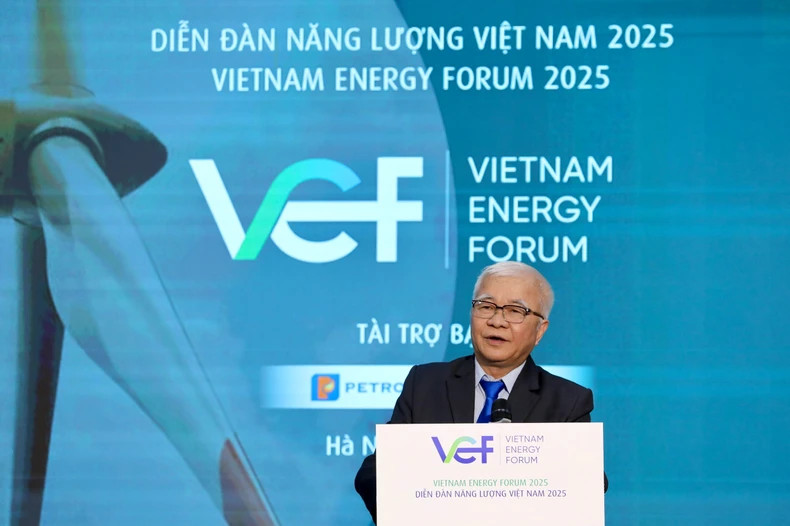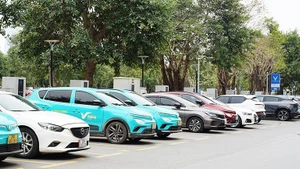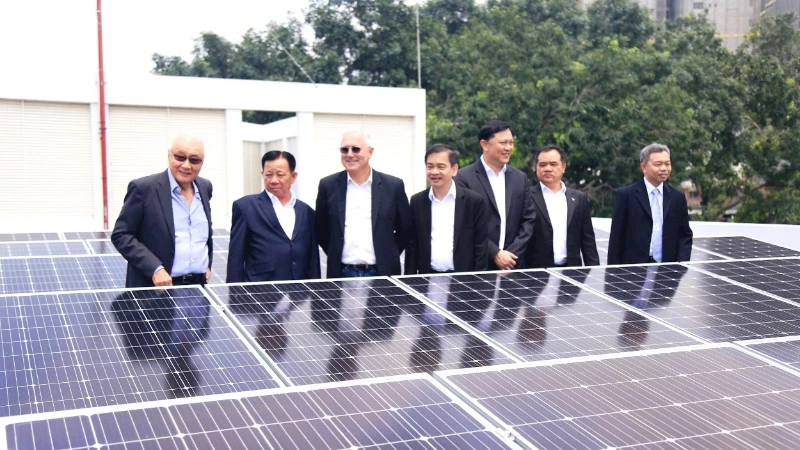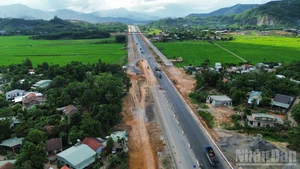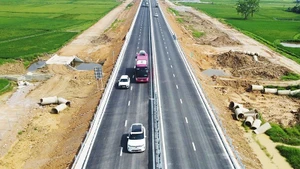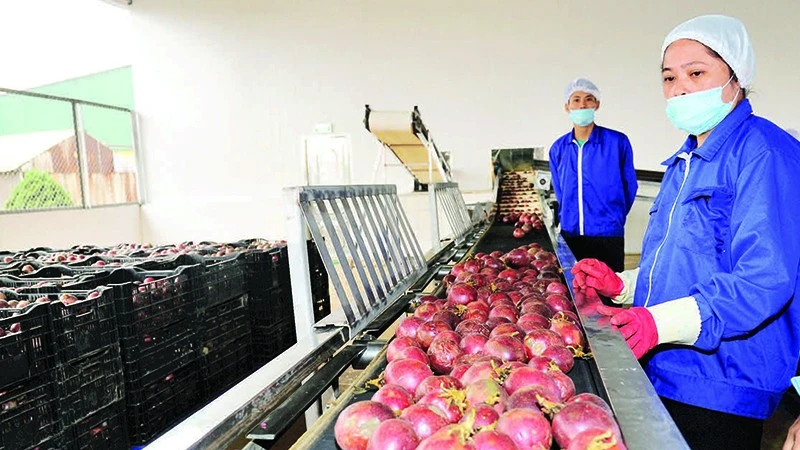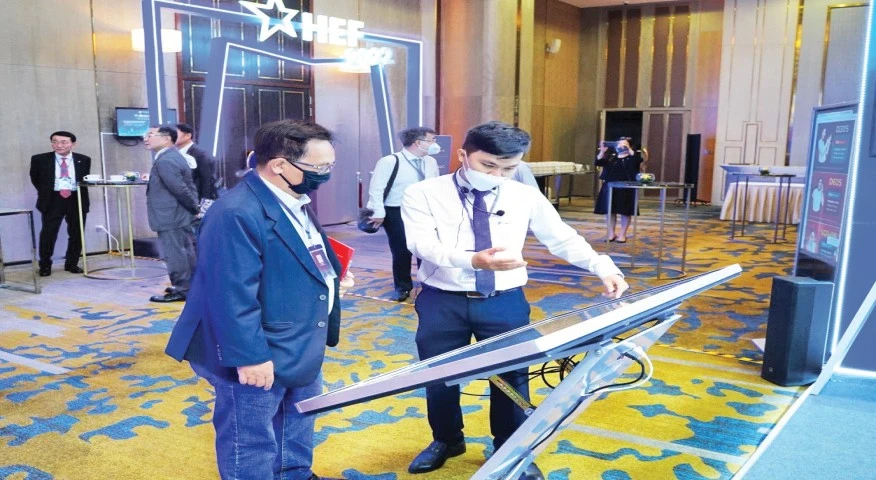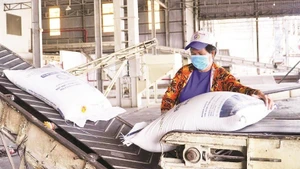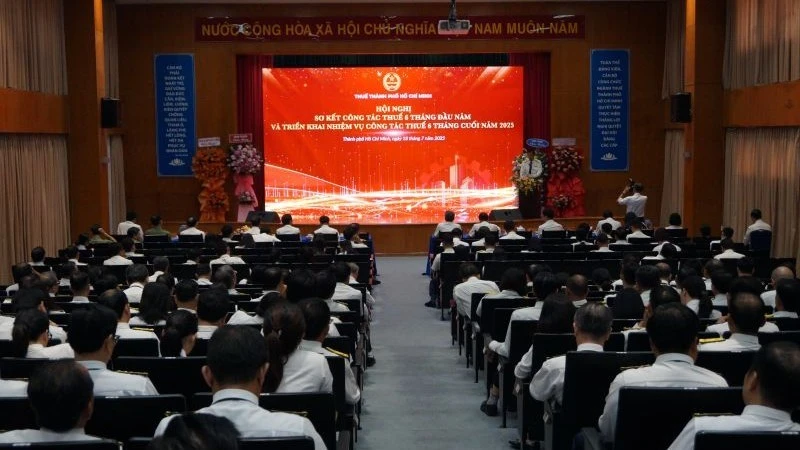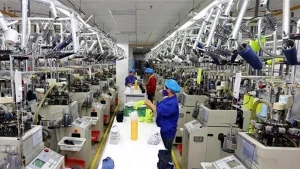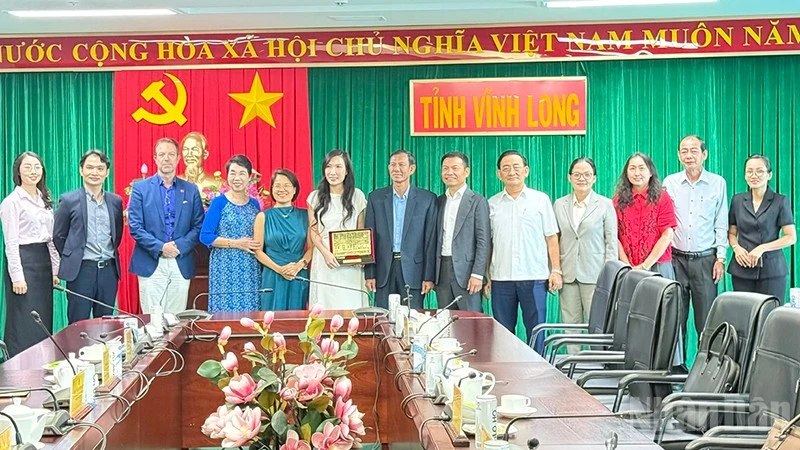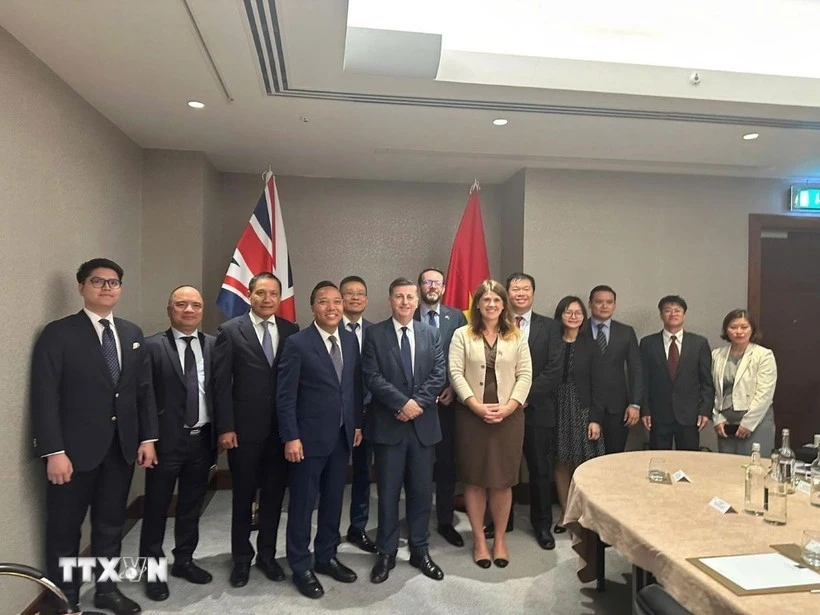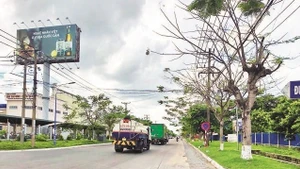Electricity demand must increase by 12-16%/year to serve growth targets
In his opening speech at the forum, Dr Chu Van Lam, Permanent Vice President of the Vietnam Economic Science Association, said that in 2025, Vietnam has set an economic growth target of over 8% and strives for double-digit growth; from 2026, the economic growth target is set to reach double digits (10% or more).
Moreover, the revolutions in digital transformation and green transformation are expanding, with the speed and level of high technology and artificial intelligence application becoming increasingly fast and popular.
To achieve economic growth target as well as respond to strategic changes in operation methods (including learning, working, production) mainly based on digital platforms, it requires resources serving this process to have more appropriate and effective adjustments and planning.
One of the fundamental and vital resources is electricity and green, clean energy sources.
To meet the urgent requirements for serving development targets, the demand for electricity has been calculated by management agencies and experts to increase from 12 to 16% per year. According to Dr Chu Van Lam, this requires adjustments in development strategies and planning of electricity and energy sources.
The Vietnam Energy Forum 2025 aims to update new orientations, adjustments in mechanisms and policies for the development of the energy industry to help interested parties, especially investors and businesses, fully grasp the information.
Many presentations, opinions, exchanges, analyses, and evaluations of experts and investors developing projects on international trends and experiences, investment practices, and development of energy projects in Vietnam and Vietnam's policies and strategies have been presented.
At the same time, delegates also proposed solutions, including policy solutions, to effectively implement and promote the contribution of the energy industry value chain to the growth targets and sustainable development of the country's economy.
Timely solutions are needed to develop power sources, especially clean and sustainable power
In his welcoming speech, Associate Professor, Dr Huynh Thanh Dat, member of the Party Central Committee (PCC) and Deputy Head of the PCC’s Commission for Communication and Mass Mobilisation, emphasised that in recent years, our Party and state have always paid attention to national energy development, with the policy of "energy needs to go one step ahead" to create an essential infrastructure foundation for socio-economic development.
 |
| Overview of the forum |
This is reflected in many strategic orientation documents such as: Resolution No. 55-NQ/TW of the Politburo (dated February 11, 2020) on Vietnam's national energy development strategy orientation to 2030 with a vision to 2045; and Resolution No. 29-NQ/TW of the 13th Party Central Committee (dated November 17, 2022) on continuing to promote the country's industrialisation and modernisation to 2030, with a vision to 2045.
Specifically, in the context of the need for acceleration, breakthrough, and bringing the country firmly step in the New Era - the Era of Rising Up, the meeting of the 13th Party Central Committee on November 25, 2024 agreed on the policy to restart the Ninh Thuan Nuclear Power Project and continuing to study the Nuclear Power Program in Vietnam, in order to firmly ensure national energy security, meet the socio-economic development targets, enhance scientific and technological potentials, and sustainable development of the country.
On May 15, 2023, the Prime Minister issued the National Power Development Plan for the 2021-2030 period, with a vision to 2050 (Power Plan VIII), which provides specific directions for the development of energy sources, especially prioritising the development of renewable energy sources and green and clean energy. To date, in order to overcome some of the exposed limitations and meet practical requirements, the government has directed the review and adjustment of Power Plan VIII, adding nuclear power plants, while also opening opportunities for science and technology development in the field of nuclear energy.
According to Associate Professor, Dr Huynh Thanh Dat, at the 15th National Assembly’s 9th extraordinary session, the resolution on supplementing the socio-economic development plan for 2025 was passed with the target of economic growth 8% or more. In the 2026-2030 period, the growth target is set at double digits, therefore electricity demand also increases by 1.5 times, equivalent to an increase of 12% to 16% per year.
He said that this is a great challenge. If there is no timely solution to develop power sources, especially clean and sustainable electricity, the risk of power shortages in the 2026-2028 period is entirely possible. In that context, reviewing, evaluating and perfecting the policy mechanism on energy has decisive significance to the success of the set targets.
"The National Assembly and the Government are making every effort and directing the urgent implementation of this, in which the Law on Atomic Energy (amended) is being consulted and actively perfected for approval to institutionalise the nuclear power development policy, meeting energy needs in the future," said Associate Professor, Dr Huynh Thanh Dat. The law project is expected to create a tight legal corridor for research, application, and development of safe and sustainable nuclear technology, and reduce dependence on fossil fuels.
At the same time, the provisions of the law help attract investment, transfer modern technology, improve the efficiency of nuclear power use in power generation, health, industry and the environment. As a result, nuclear power can become an important solution in the energy transition process, contributing to sustainable development and ecosystem protection.
 |
| The discussion session at the forum |
The Vietnam Energy Forum 2025 consists of two sessions. The discussion session focuses on clarifying the green and clean energy transition trend in the world and Vietnam; electricity demand to meet short-term, medium-term, and long-term targets of Vietnam; the current status of renewable energy projects being implemented in Vietnam; and updating and analysing new points about Vietnam's policies and strategies for energy development in general and new energy sources.
During the discussion session, speakers discussed the development potential of new energy sources based on the strategic orientations and policy mechanisms on Vietnam’s energy sector that have been announced and are being revised, adjusted and supplemented; assessed the suitability and facilitation of the approach to amending current laws related to energy development as well as electricity and energy development planning; and evaluated the ability to supply electricity from energy sources as set targets, meeting the requirements for serving economic growth in the medium and long term.
Following which, they proposed solutions to accelerate the process of perfecting policies as well as speeding up the progress and effectiveness of implementing renewable, green and clean energy projects approved in recent time while creating attractiveness for new projects.
